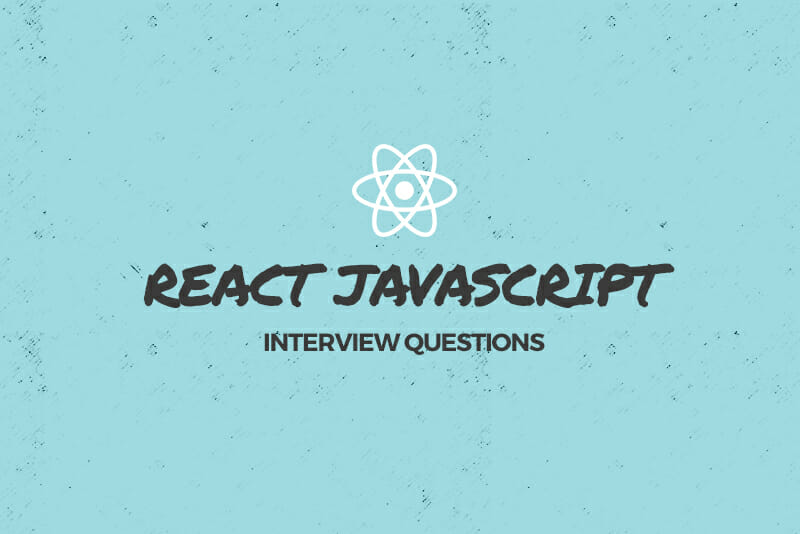Home » Tech Jobs Database » Security Engineer
Security Engineer
Also goes by: Cybersecurity Engineer, Information Systems Security Engineer, Network Security Engineers,
What Is a Security Engineer?
Security engineers are concerned with the design and implementation of secure software and systems. They often focus on areas such as encryption, network security, and vulnerability testing.
How much will I make?
Salaries can range by location and years of experience, but these are averages for the US.
$145,909.00
according to Salary.com
Will I get a job?
Projected job growth is 31% for the period 2020-2030 in the US, according to the U.S. Bureau of Labor Statistics.
2,143
Total Openings
according to comptia.org
Who will I work for?
- Tech Companies
- Cybersecurity Companies
- Financial Institutions
- Consultancies
- Government Agencies
Security Engineer
It’s absolutely possible to become a Security Engineer even if you have no prior experience in tech and no degree. In fact, a career as a Security Engineer is one of the best entry level jobs in tech. Read on to learn how to do it!
Learn The Required Skills
First things first, in order to become a Security Engineer you have to learn the required tech skills!
System administration
System administration involves managing and maintaining the operation, configuration, and security of computer systems and networks within an organization. This can include installing and updating software, monitoring the system performance, troubleshooting issues that come up, and making sure that data backups and security measures are in place.
Python
Python is a general-purpose coding language—which means it can be used for other types of programming and software development besides web development.
Read MoreCommand Line
The command line is the opposite of using something like OS X or Windows; no mouse, no icons, nothing but text. It’s a way for you to type commands to your computer and it’s used for all types of things in programming.
Read MoreGo
Go is a programming language that was developed by Google in 2009. Go is a compiled language that is designed to be simple, efficient, and scalable. Go is a popular language for developing web applications, microservices, and distributed systems.
Networking
The process of connecting and exchanging data between devices or systems to facilitate communication and resource sharing.
Cloud Platforms
Cloud platforms refer to online services that provide scalable computing resources, storage, and services over the internet, enabling organizations to deploy, manage, and run applications without the need for on-premises infrastructure. The most commonly used cloud platforms are Amazon Web Services (AWS), Google Cloud, and Microsoft Azure.
Infrastructure as Code (IaC)
Infrastructure as code (IAC) is the practice of managing infrastructure using code. IAC tools, such as Terraform and Cloudformation, make it possible to create, deploy, and manage infrastructure using code.
Containerization
Containerization is a technology that allows you to package your application and its dependencies into a single container image. Containerization is a popular choice for deploying web applications, microservices, and other distributed applications. Popular tools include Docker and Kubernetes.
Orchestration
Orchestration refers to coordinating and automating various components or services in a system to achieve a specific workflow or task.
Monitoring and alerting tools
Involves continuously observing systems and applications, detecting anomalies, and sending alerts to address potential issues and ensure optimal performance.
CI/CD
CI/CD is a software development practice that automates the process of building, testing, and deploying code. There are a number of CI/CD tools available, such as Jenkins, CircleCI, and Travis CI.
Incident management
Incident management is the process of responding to and resolving incidents such as a system outage or a data breach.
Incident Response
Incident response is the process of investigating and responding to incidents such as outages and data breaches.
Version Control
Version control is the management of changes to documents, source code, or other files, allowing multiple users to collaborate and track revisions, facilitating teamwork and preventing conflicts.
Read MoreBuild A Portfolio
The best way to demonstrate that you have the necessary skills—especially when you have no prior experience—is with a portfolio of professional quality coding samples.
Check out these blog posts for more:
Apply For Tech Jobs
Once you’ve learned all the required technical skills and built a killer portfolio, it’s time to dust off that old resume and LinkedIn profile and hit the pavement, or Internet superhighway as it were, in search of your first job as a Front End Developer!
➡️ Prepare Your Resume, LinkedIn, and Portfolio
Although your most valuable asset as you job search is your portfolio, you do have to cross your t’s and dot your i’s and when it comes to the job search that means optimizing your resume and LinkedIn profile. Tech employers expect you to have all three!
Check out these blog posts for more:
➡️ Build Your Network
Your net worth is in your network, which can be hard when you’re changing careers! But don’t worry, the tech industry is incredibly welcoming to newcomers. Whether you prefer in-person meetups, Slack channels, coffee-over-zoom chats, conferences, hack-a-thons or a little bit of everything, there are tons of opportunities for you to meet fellow techies.
Check out these blog posts for more:
➡️ Find Good Jobs To Apply For
A good job can be hard to find—or is it? The good news about tech is that there are so many openings at so many diverse companies that your biggest challenge will most likely be keeping up with all the opportunities!
Check out these blog posts for more:
➡️ Practice Interviewing
Whether you’re a season pro, or brand new to the tech industry: interviewing for a new job is tough! Add to that technical interviews…and you’ve got a recipe for heartburn, practically guaranteed. Luckily there’s an antacid on the market that works every time: practice. Read on for expert guidance on how to prepare for your next tech job interview.
Check out these blog posts for more:
➡️ Prepare for Technical Tests
Ah the dreaded technical test! Technical tests can come in many different forms: whiteboard tests, pair programming tests, take-home tests, algorithmic tests…just to name a few. Luckily, getting good at technical tests is a skill, just like anything else, and it’s one you can absolutely practice ahead of time.
Check out these blog posts for more:
You Might Also Be Interested In Learning About:
DevOps Engineering
While not strictly a “developer” title, DevOps engineers work closely with software development and IT teams to oversee code releases. They might work on infrastructure, automation, CI/CD pipelines, and more.
Learn More
Want more options?
Explore More than 57 tech job Profiles available On the Skillcrush Database
explore the databaseFAQ
-
What does a Security Engineer do?
Security engineers are concerned with the design and implementation of secure software and systems. They often focus on areas such as encryption, network security, and vulnerability testing. You will find Security Engineer working at a number of different types of companies including Tech Companies, Cybersecurity Companies, Financial Institutions, Consultancies, Government Agencies.
-
How much do Security Engineers make?
Although salaries can range by location and years of experience, the average salary for Security Engineer in the US is $145,909.00 according to Salary.com.
-
Is a Security Engineer the same as a Cybersecurity Engineer?
Yes, Security Engineers are sometimes also referred to as Cybersecurity Engineer. Other common names for Security Engineer include: Information Systems Security Engineer, Network Security Engineers.
-
Are Security Engineer in demand?
Yes, Security Engineer is in high demand: there are currently 2,143 jobs open. And the number of jobs is expected to grow substantially over the next 10 years. Projected job growth is 31% for the period 2020-2030 in the US, according to the U.S. Bureau of Labor Statistics.
-
Is a Security Engineer a good job?
Yes, with an average salary of $145,909.00 according to Salary.com, and 2,143 current job openings, Security Engineer is considered a great job.
-
What skills does a Security Engineer need?
In order to work as a Security Engineer you will need to know a number of different technical skills including .NET, Algorithms, 3D graphics, Agile Methodology, AJAX.
-
Is it too late to become a Security Engineer at 35?
Absolutely not! You can become a Security Engineer at any age. And since so many jobs in tech, like Security Engineer, are relatively new, if no one over 35 could become one, there would be even MORE job openings than the 2,143 open Security Engineer roles that there are!


















